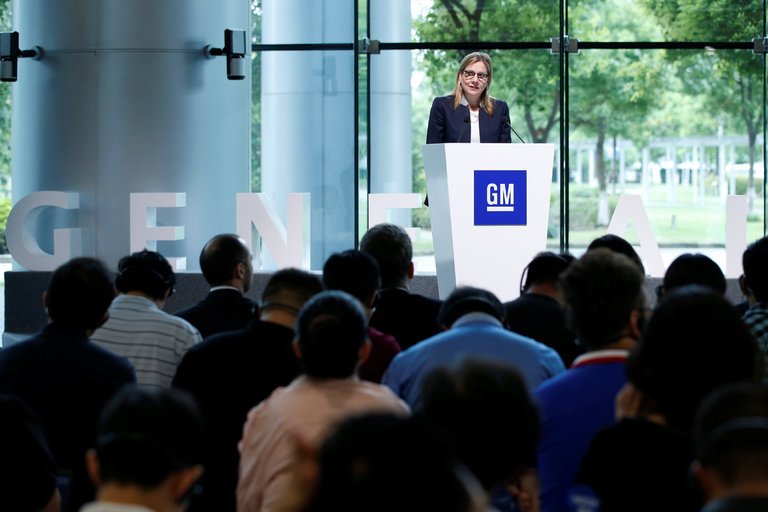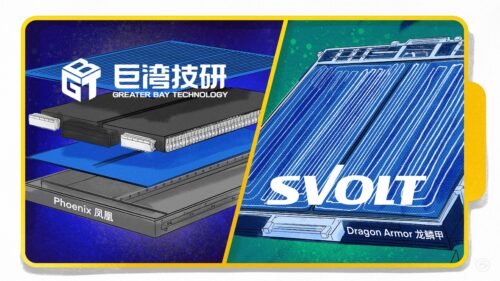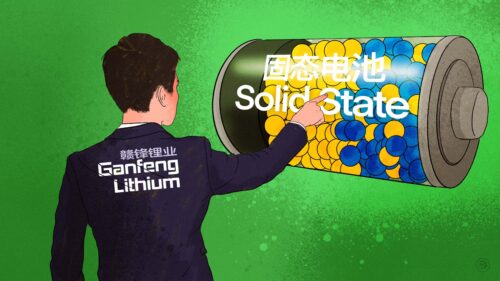Foreign automakers not named GM gear up for EV production in China – China’s latest business and technology news
A summary of the top news in Chinese business and technology for September 15, 2017. Part of the daily The China Project newsletter, a convenient package of China’s business, political, and cultural news delivered to your inbox for free. Subscribe here.

The New York Times today highlighted comments (paywall) from Mary Barra, the chief executive of General Motors, pushing back on China’s ambitious goals to end the sale of fossil-fuel-burning vehicles, likely around the year 2040. She argued that it “works best when, instead of mandating, customers are choosing the technology that meets their needs.” This strategy, however, seems likely to disadvantage GM in China.
The Times notes that GM is “particularly vulnerable to any broad divergence of policy between China and the United States,” as they sell similar amounts of vehicles in both markets. The company has tried to hedge its bets by focusing on plug-in hybrids, but their long-drive capability has more appeal to Americans than to Chinese, as high-speed rail links major cities in China. Plus, the draft regulations for electric vehicles (EVs) specify a preference for battery-electric cars rather than plug-ins.
Other automakers seem to have gotten the message. Bloomberg notes that Ford and VW have both partnered with Chinese automotive groups to ramp up EV production in the country, and Tesla is also exploring options to manufacture cars in Shanghai. Caixin reports that VW is selling up to $60 billion in contracts to build electric batteries, and a Chinese battery-maker called Contemporary Amperex Technology is a front-runner in the bidding.
To be fair, GM is also producing some fully electric vehicles for the Chinese market. The problem, according to Bloomberg? They sold fewer than 20 EVs in China last year.
-
U.S.-China trade
California firm is accused of illegally importing aluminum from China / WSJ (paywall) -
Environment
China’s Hebei vows coal curbs ahead of winter smog war / Reuters
China’s war on smog is choking Shandong’s oil and chemical industries / Reuters
China’s plastic demand to rise as foreign garbage ban to curb recycled supply / Reuters -
Commodities
China’s steel mills run at full tilt as output hits new peak / Bloomberg
China’s newfound taste for luxury travel is bad news for diamonds / Bloomberg
China’s environmental crackdown dries up lead supply amid demand surge / Reuters -
On-demand services
Analyzing Chinese bike-sharing: What makes it so powerful? / TechinAsia
Mobike partners with AT&T and Qualcomm—for what could be single global model / TechNode
As China’s bike-sharing economy booms, manufacturers suffer / SCMP -
Oil giants
Life after Rosneft deal: CEFC ambitions face debt, regulatory hurdles / Reuters -
Israel
Israel and China sign $300 million ‘clean-tech’ trade agreement / Reuters
Israel found an unlikely buyer for its lab-grown meat: China / Quartz -
Xiaomi and Wuhan
How to get Amazon to move to your town / WSJ (paywall)






